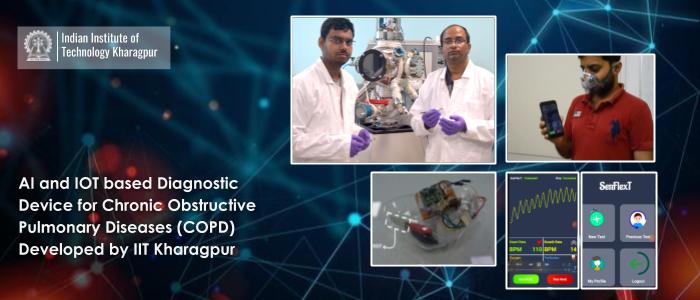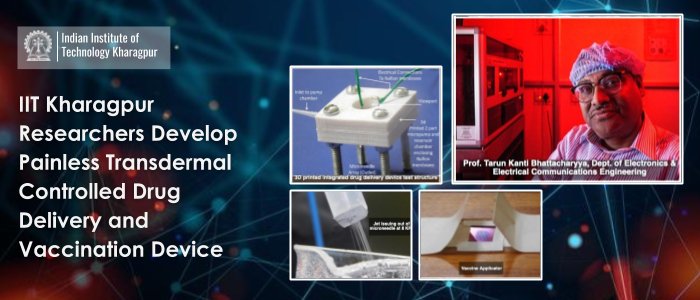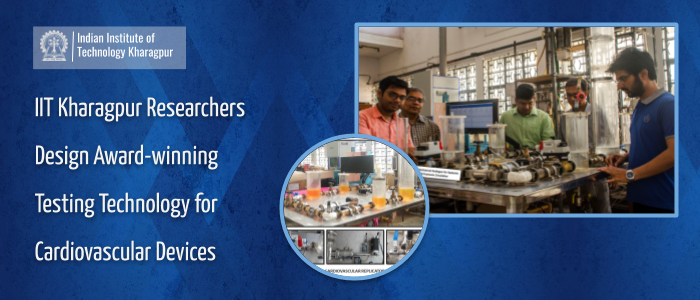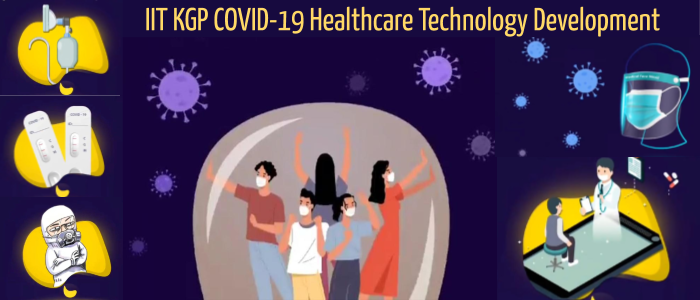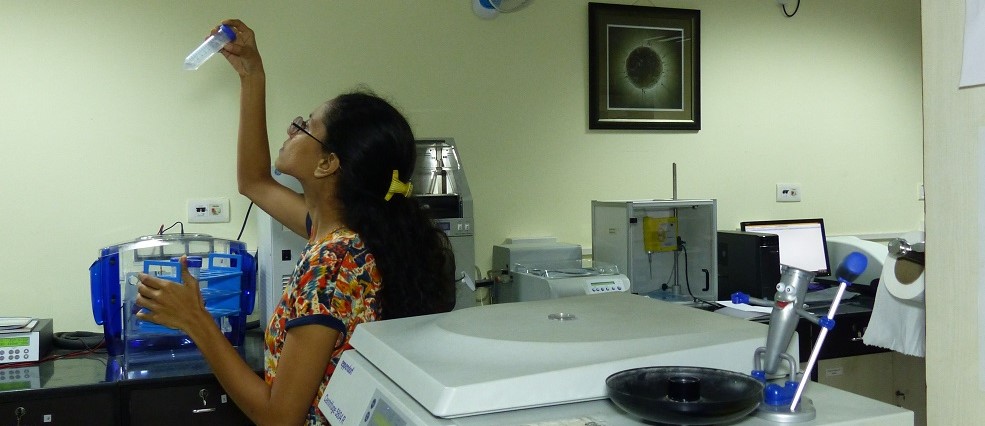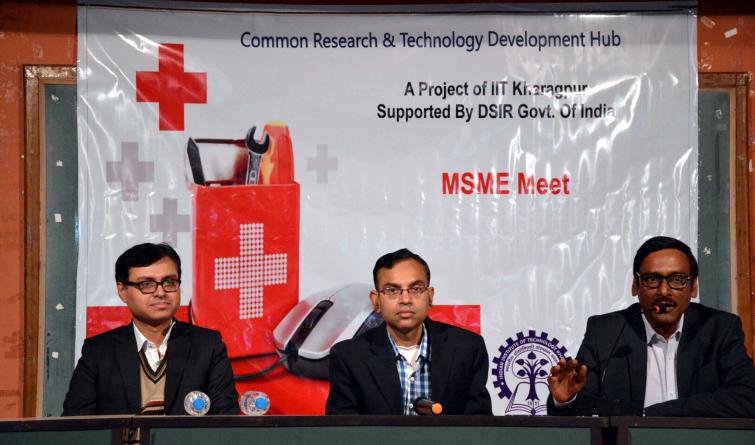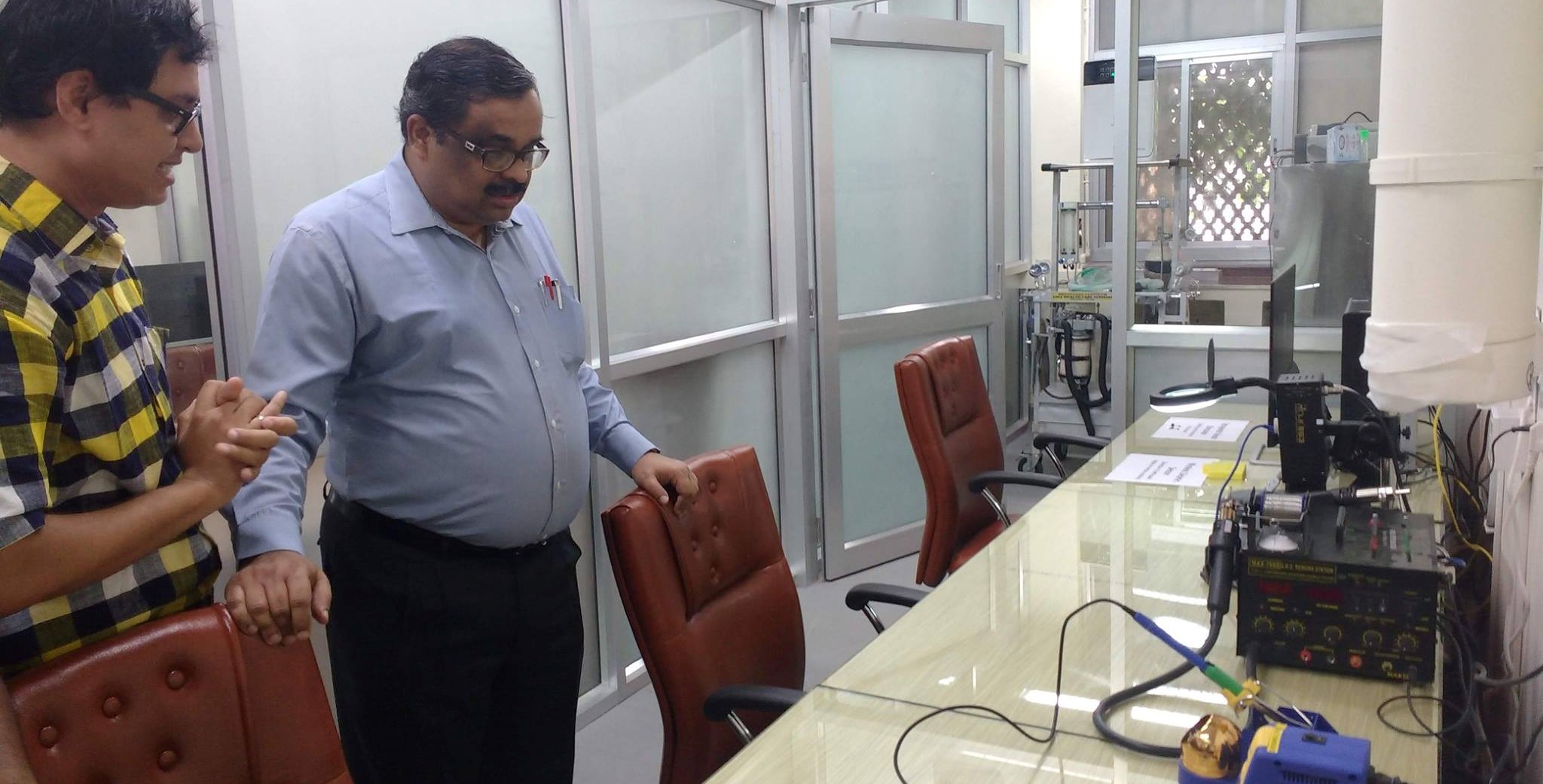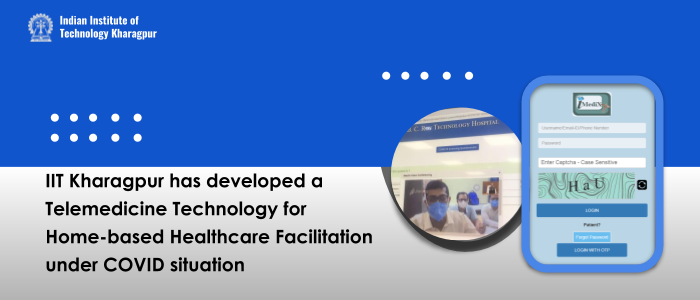
IIT KGP Develops Telemedicine Homecare Technology
IIT Kharagpur Rolls Out Telemedicine Technology for Home Care during COVID Physical Distancing Protocol It has been more than half the year since the world has been struggling through the challenge thrown by COVID-19. With the passage of time, and vaccines still not being on the cards, the pressure on the healthcare system is only expected to rise while the healthcare workers continue to remain vulnerable to infection. To address this issue, researchers at IIT Kharagpur’s Dept. of Computer Science & Engineering have developed a telemedicine system, iMediX. The system integrates homecare with healthcare services from the hospital. Considering the…

